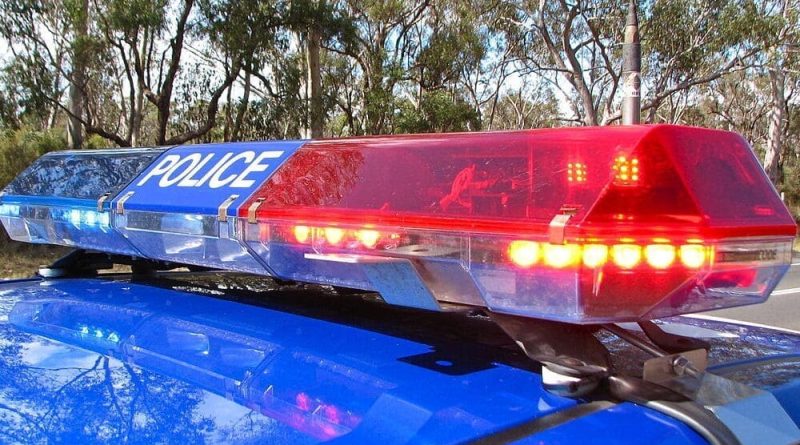Minnesota Governor Signs Bill To Decriminalize Bong Water Containing Drug Residue
From toxifillers.com with love
Shortly after Minnesota lawmakers passed a bill to end the criminalization of bong water containing trace amount of drugs, Gov. Tim Walz (DFL) has signed the measure into law.
The change addresses an existing policy that had allowed law enforcement to treat quantities of bong water greater than four ounces as equivalent to the pure, uncut version of whatever drug the device was used to consume.
Four ounces of bong water used to consume methamphetamine, for example, could have been charged as a first-degree felony, punishable by up to 30 years in prison and a $1 million fine.
The new bong water provision is part of a sweeping judiciary and public safety bill, HF 2432, which Walz signed into law last week. In relevant part, it clarifies that a mixture of drugs “does not include the fluid used in a water pipe or any amount of a controlled substance that is dissolved in the pipe’s fluid.”
The existing policy was the result of a 2009 state Supreme Court decision, and though it was rarely used by authorities, critics said it allowed prosecutors to selectively go after defendants with the threat of outsized penalties.
Last year, for example, a prosecutor brought first-degree drug charges against a Fargo woman over water allegedly found in her bong.
The new law is retroactive, applying back to August 2023, the same time a separate drug paraphernalia decriminalization bill took effect. That means the Fargo woman’s case is now moot.
According to the local outlet Minnesota Reformer, the state “became the butt of national jokes” following the 2009 high court ruling, which relied in part “on the testimony of a Minnesota State Patrol officer who claimed that drug users keep bong water “for future use…either drinking it or shooting it in the veins.’”
Former Gov. Tim Pawlenty (R) vetoed an earlier attempt by lawmakers to decriminalize small amounts of bong water.
Meanwhile in Minnesota, a Native American tribe last weekend opened the state’s first-ever legal recreational marijuana store outside of a reservation. The new shop, in Moorhead, will be followed next month by another location in St. Cloud that will also be operated by the White Earth Nation.
The launch of the new shop comes after Walz signed of a landmark agreement earlier this month to allow the tribe to operate up to eight retail marijuana stores across the state.
Minnesota’s 2023 cannabis legalization law allows tribes within the state to open marijuana businesses before state licensing of businesses begins. Following the law’s enactment, a number of tribal governments, including White Earth Nation, the Red Lake Band of Chippewa Indians and the Leech Lake Band of Ojibwe, made early moves to enter the market.
Separately, as the state’s adult-use cannabis market gets up and running, more than a dozen cities and counties are seeking to open their own government-run stores.
At least 13 cities and counties have applied for licenses to operate their own marijuana stores. The city of Anoka, for one, broke ground last week on a new $2.7 million facility, though the city’s liquor and cannabis operations manager says they’re still waiting on final approval from the state Office of Cannabis Management (OCM).
Other municipalities seeking licenses to run their own dispensaries include St. Joseph and Osseo, which are reportedly waiting to secure licenses before breaking ground on the facilities.
Minnesota’s deadline to apply for local government cannabis licenses was March 16, beginning a 90-day approval window. An OCM representative said the agency expects municipal stores to begin opening this summer.
By law, Minnesota allows local governments to limit the number of retailers in their jurisdictions, though it requires leaders to allow at least one marijuana store for every 12,500 residents.
Separately in Minnesota, a state appeals court is set to decide whether state officials have the authority to prosecute tribal members for cannabis crimes committed on tribal land. The case centers on a White Earth citizen who allegedly sold cannabis from his tobacco store on reservation land in Mahnomen.
Last month, meanwhile, state officials moved to delay a separate drug reform—the opening of safe drug consumption sites, meant to allow people to use drugs in a safer, supervised setting.
“More work needs to be done on a state and federal level before these services can be implemented in a way that is safe for participants and Harm Reduction programs,” a representative for the Department of Human Services (DHS) Behavioral Health Administration said at the time.
In March, lawmakers also filed legislation that would create a system to allow legal access to psilocybin for medical purposes. That came just days after the introduction of a separate bill that would legalize personal psilocybin use and possession among adults.
Medical Marijuana Helps Most Patients Effectively Treat Chronic Pain, New Study Shows


